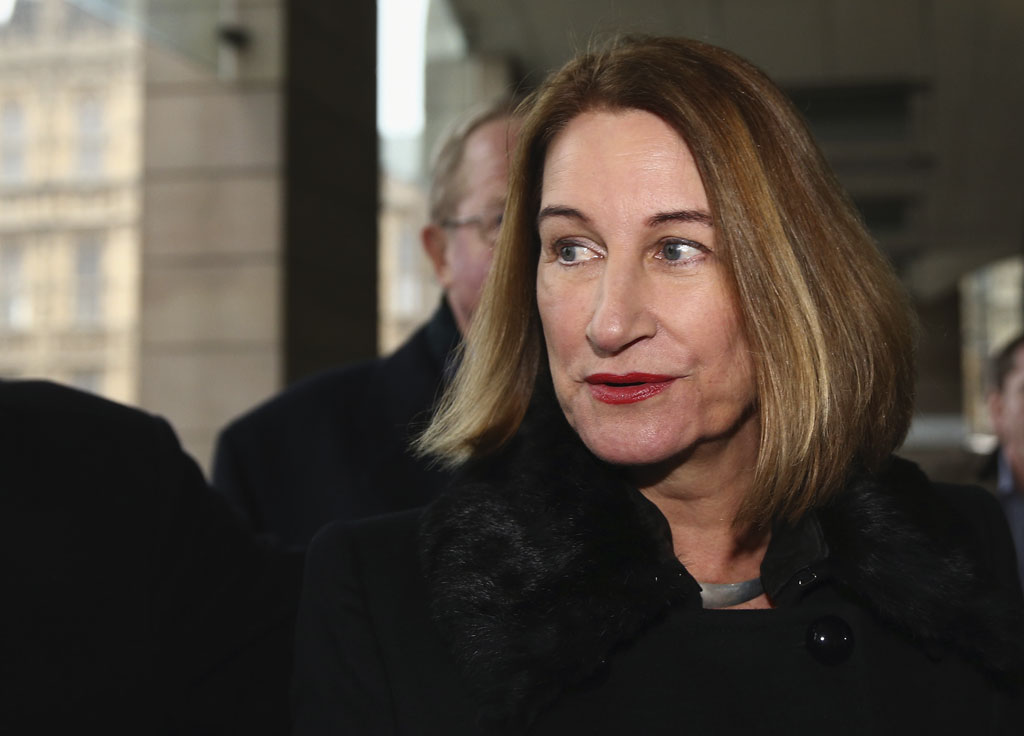
Nicholas Griffin QC considers the future of the Goddard Inquiry into child sexual abuse
The Independent Panel Inquiry into Child Sexual Abuse was announced on 7 July last year. The Home Secretary explained this was because of “growing evidence of organised child sexual abuse, conducted over many years, and serious allegations about the failure of some of our most important institutions to protect children from this disgusting crime”. It has had a hard time since its inception, with widely publicised difficulties arising from the appointment of its two previous chairs, both of whom stood down, and its panel members, who have now been disbanded. On 11 February, the Home Affairs Committee of the House of Commons (the HAC) endorsed the appointment of a new chair, Justice Lowell Goddard of New Zealand. She has powers to “reset” the inquiry; she will revisit its terms of reference, be instrumental in the appointment of new panel members and will operate with additional powers to compel evidence under the Inquiries Act 2005 (IA 2005). She expects the inquiry









